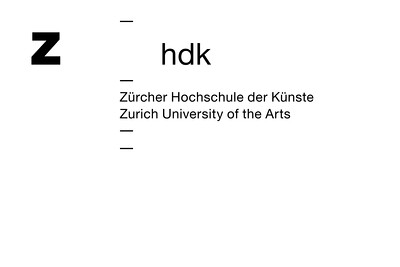March 27–28, 2019
Pfingstweidstrasse 96
8005 Zürich
Switzerland
With contributions by Sophie Jung, Omsk Social Club, Johannes Paul Raether, Tabita Rezaire, Pamela Rosenkranz, Nishant Shah, Evelyn Taocheng Wang, Lucie Tuma, Hannah Wallenfels.
“Technology is not neutral. We’re inside of what we make, and it’s inside of us. We’re living in a world of connections—and it matters which ones get made and unmade.” –Donna Haraway, 1985
Recent conceptualizations of the world are increasingly determined by divisions into micro- and nanostructures and their translation into patterns and metadata. “Feeling molecularized?” will engage with the latent imaginaries of extreme fragmentation, hybrid diffraction, and virtual abstraction in our quotidian environments.
It raises the following questions: How can these manifold changes—which are often mere assumptions—modifications, and modulations, focusing on the minutest level, be negotiated when there are so few conventions governing how we speak about, show, or perform them? Could artistic practices play a role in allowing us to affect and activate these molecular strategies in bodies, materialities, and ecologies? Can the tactics of opacity, monstrosity, and hapticality intersect with the cybernetic strategies of counting, measuring, and optimizing?
The term “molecular” in this symposium does not necessarily refer to “molecules” in the scientific sense. The power of the molecular goes beyond the biotechnological and nanoaesthetic forms of life sciences and algorithmic governance.
“Feeling molecularized?” demands that we think about, act upon, and counter the binarities of matter vs. form, content vs. expression. It proposes that we move away from the idea of a “matter” that is forced into a “form” and focuses rather on forces of becoming, deterritorialization, and multiplicity.
Concept by Johanna Bruckner and Yvonne Wilhelm
Keynote 1:
Nishant Shah: Who are we when speak to machines: The algorithmic turn
The algorithmic turn was a marked response to a condition of profound textual and narrative incomprehensibility. The idea of a linear, objective, rational, and unidimensional object that is neither deconstructed through postmodernity nor subject to meaning making was seductive. In this introductory session, we understand the algorithmic through 5 digital objects: link, index, data, network, and stacks. Identifying it as a mathematical computational entity and unpacking the human agencies and interfaces of algorithms, we look at the space for humanist agency and identity in the midst of the algorithmic turn.
Keynote 2:
Johannes Paul Raether: Protektorama narrates Identitecture [ 5.4.9 ]
In her lecture Protektorama will give an introduction to her experimental framework, which she as us calls Identitecture. Appearances of other figures (SelfSisters) such as Transformella/or, ReproRevolutionaries of the Ovulo-factories, will be presented and reflected, while instances, sites and practices will be discussed for their respective terms and methods. Her narrative aims to depart from a variety of assumptions on historic forms of magic and witchcraft, biology and procreation as well as tourism as a geopathological form. Instead she will aim to propose a form of hyperbolic speculation or an attempt at a self organized re-construction of anything: the body, its gender, technology and identity.
Skype-Keynote 3:
Tabita Rezaire: Decolonial healing: Technology, Spirituality and the Erotic
In cooperation with the Migros Museum für Gegenwartskunst.
How can we holistically connect to ourselves, to one another, to the earth and to the multiverse? Through which means can we reclaim agency over our channels of information and communication apparatuses so as to nurture our health – as much physical, mental, emotional, spiritual, political, historical and technological? When the Internet failed its utopic promises of universal freedom, safety and access, to become a space of surveillance, exploitation and control, we bitterly awoke to the grim reality of electronic colonialism. Digging into African, Diasporic and Indigenous scientific knowledge and spiritual wisdoms, Tabita Rezaire reveals the layered histories, politics and memories of information and communication technologies. Here is a call to decolonise and heal our technologies.
The keynotes are open to public. If you want to register for the workshops or require more information, please contact Johanna Bruckner under johanna.bruckner [at] zhdk.ch.
Free admission. Find the full program here.


